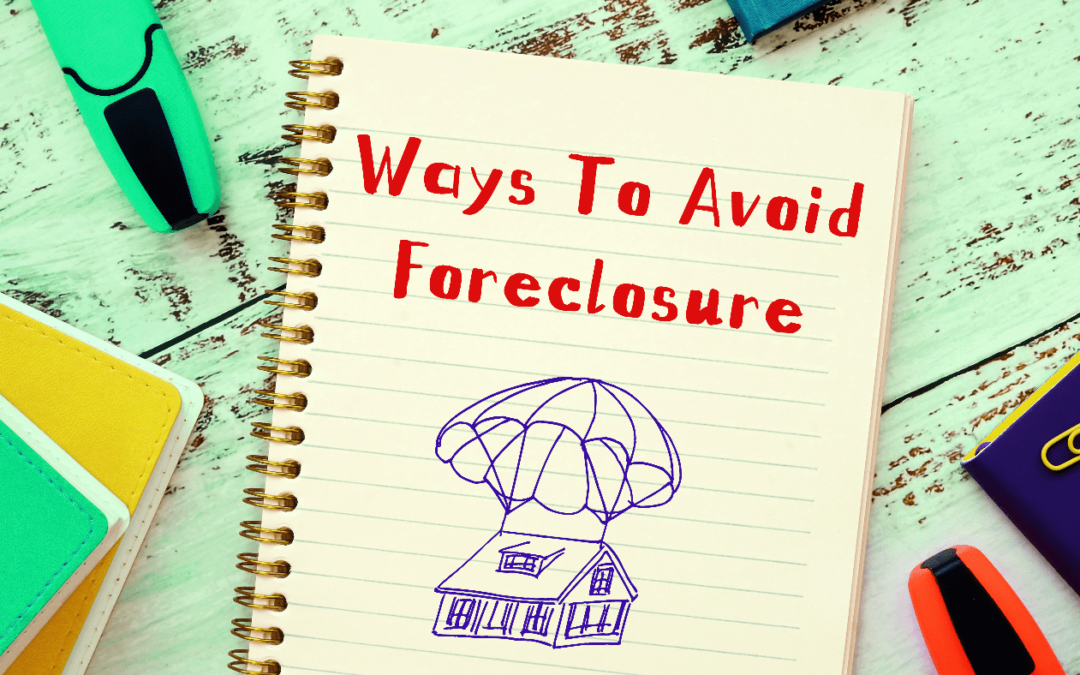No one likes going to court. The situation can be incredibly stressful no matter what brings you to court. But when you’re there because of your home, there are even more worries on your mind. Unfortunately, many Californians deal with homeowner legal judgments each and every year. But what is a judgment on your home, and how can it impact you? Here’s a breakdown of where homeowner legal judgments can lead to in California.
What is a Court Judgment?
First things first: what do we mean when we say “homeowner legal judgment”? You can think of homeowner legal judgments like liens. A lien, according to Cornell Law School, is “a security interest or legal right acquired in one’s property by a creditor.”
Liens are sometimes voluntary, such as your mortgage itself. When you take out a mortgage, you’re essentially giving a voluntary lien to your lender. A nonconsensual lien, though, is what you would be dealing with in this case. As the name suggests, this type of lien is granted without your agreement.
A judgment can be placed against you if you fail to pay certain costs on your home, such as HOA fees. Speaking broadly, let’s say you go to court with regard to a civil matter with your creditor or lender and you lose the case. Your creditor will then be given a judgment. This judgment states that your creditor or lender is entitled to a specific sum of money. It’s your responsibility to pay the judgment, or you could find yourself losing your home.
A judgment can be placed on virtually any kind of real estate, including both houses and condos. Judgments can also be placed on jointly owned property.
Paying the Judgment
When a court judgment has been issued, it’s vital to work out payment arrangements as soon as possible. This will give you the best chance of keeping your home. Typically, you have the option of starting a payment plan or paying off the entire debt amount by a specific date.
In a worst-case scenario in which you don’t pay, your creditor or lender could pursue a charging order. They must first get an interim order approved by the court, which prevents you from selling your home without the knowledge of your creditor. If your creditor has been granted a final charging order, they can apply for an order for sale. This order of sale would force you to sell your property right away.
Avoid Homeowner Legal Judgments by Selling
Homeowner legal judgments are complex and stressful, but they aren’t inevitable. In some cases, selling your home may be the quickest resolution. Perhaps you’ve got a final charging order and need to sell your home right away. Alternatively, maybe you’re trying to avoid a legal judgment and would rather start fresh. Either way, InHouse Offer is here to help. We buy houses in California for cash, as is. You’ll get a quick offer and can move forward with confidence. Contact InHouse Offer today to learn more.


